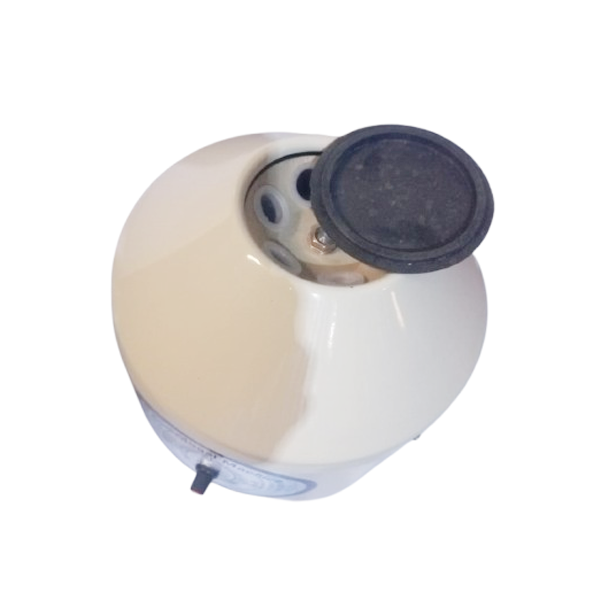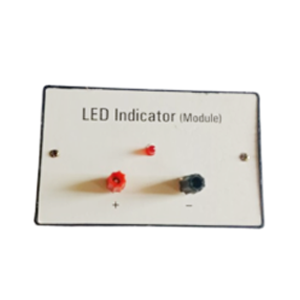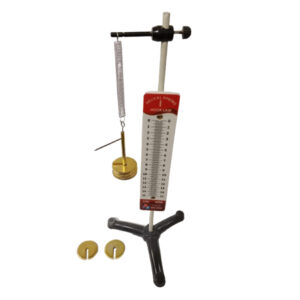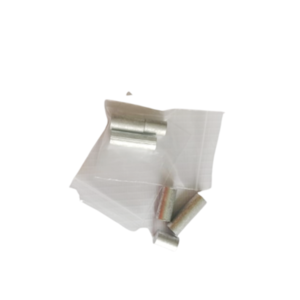Description
Centrifuge Machine:
Centrifuge Machine: Discover the power of centrifuge machines, essential tools in laboratories and industries for separating substances based on density. Explore various types, applications, and benefits of centrifuge technology, from medical diagnostics to research and industrial processes. Learn how these machines enhance efficiency and precision in sample preparation.
Centrifuge Machine: A Comprehensive Review
A centrifuge machine is an indispensable tool across various industries, especially in scientific and medical fields. Its ability to separate substances of varying densities makes it an essential device for laboratories, clinics, and research facilities. Whether you’re working with blood samples, pharmaceuticals, or chemical compounds, a centrifuge machine streamlines the process of isolation, allowing researchers and medical professionals to make accurate conclusions and decisions. This review explores the centrifuge machine’s mechanics, applications, advantages, and considerations when purchasing one for your work.
Understanding the Basics of a Centrifuge Machine
At its core, a centrifuge machine utilizes the principle of centrifugal force to separate components of different densities. When substances are subjected to rapid spinning, the heavier particles are pushed outward to the edge of the container, while the lighter ones remain closer to the center. This basic principle can be applied in various ways depending on the machine’s design and intended use.
Most centrifuge machines come equipped with a rotor—a central part where test tubes, vials, or containers holding the samples are placed. The rotor’s speed, measured in revolutions per minute (RPM), determines the machine’s efficiency in separating components. Many machines allow for adjustable speeds, making them versatile tools for different applications.
Types of Centrifuge Machines
Centrifuge machines are available in various types, each catering to specific applications:
- Clinical Centrifuge: This type is often found in medical laboratories and is primarily used for blood sample analysis. By separating plasma from red blood cells, clinical centrifuges aid in diagnosing medical conditions and conducting research on blood components.
- Microcentrifuge: This compact version of a centrifuge is designed for small samples, often in molecular biology or biochemistry labs. They are essential for DNA or RNA research, separating macromolecules from cells or liquids with precision.
- Refrigerated Centrifuge: Some substances are sensitive to heat and require temperature-controlled environments. A refrigerated centrifuge ensures that samples remain at a stable temperature throughout the process, preserving their integrity.
- Ultracentrifuge: For the highest levels of separation, ultracentrifuges are used. They can reach incredibly high speeds, ideal for separating extremely small particles like viruses, ribosomes, and even certain proteins.
- Cytocentrifuge: This specialized machine is used to concentrate cells onto a slide for microscopy, commonly used in cancer diagnostics and cytology.
Key Features of a High-Quality Centrifuge Machine
When choosing a centrifuge machine, several features must be considered to ensure you’re getting a product that meets your specific needs. Some of these features include:
- Speed and Versatility: The machine’s RPM range is critical. Machines with adjustable speeds allow you to work with a variety of substances and applications. For clinical use, lower speeds are often required, while research labs may need machines capable of very high RPMs for advanced separations.
- Capacity: The number of tubes or containers that the centrifuge can hold at once is an important factor. Small-scale operations may be fine with a single-tube model, but high-throughput labs will need machines with multi-tube rotors to maximize efficiency.
- Temperature Control: For sensitive biological samples, temperature control can make or break the quality of the results. A refrigerated centrifuge ensures that the heat generated from high-speed rotation doesn’t alter the sample’s properties.
- Safety Features: Modern centrifuge machines come with safety mechanisms to protect both the user and the sample. Lid locks, imbalance detection, and emergency stop functions are crucial, especially when dealing with high-speed rotations that can cause accidents if something goes wrong.
- Noise Level: Some centrifuge machines can be quite noisy, especially at higher speeds. If your lab values a quiet environment, choosing a machine with noise-reduction features could be a wise investment.
Applications of Centrifuge Machines
The versatility of a centrifuge machine makes it a valuable tool across multiple fields. Here are some of the primary applications:
- Medical Diagnostics: Centrifuges play a critical role in clinical diagnostics by separating blood components such as plasma, serum, and cells. This helps doctors and researchers analyze specific components for conditions like anemia, infections, and other diseases.
- Pharmaceutical Industry: The pharmaceutical industry uses centrifuges to separate chemicals, purify substances, and isolate compounds in drug development. They ensure that each component is in the correct concentration for further processing or formulation.
- Molecular Biology: Centrifuges are indispensable in DNA, RNA, and protein research. By separating cell organelles or molecular compounds, researchers can analyze specific elements, helping in genetic research and biotechnology.
- Environmental Testing: In environmental science, centrifuges are used to separate contaminants from water, soil, and air samples. By doing so, scientists can analyze pollution levels and investigate ecosystem health.
- Food and Beverage Industry: Centrifuges also have applications in industries like dairy, wine, and brewing, where they help separate cream from milk or sediment from liquids.
Advantages of Using a Centrifuge Machine
- Efficiency: The primary advantage of a centrifuge machine is its ability to efficiently separate mixtures within minutes. This efficiency is vital in time-sensitive research and clinical environments where results need to be delivered promptly.
- Accuracy: Centrifuge machines offer a high degree of accuracy in separating substances, which is essential in fields like biochemistry, molecular biology, and pharmaceuticals, where precise concentrations are necessary for further experimentation or treatment.
- Versatility: With the variety of models available, a centrifuge machine can be adapted to almost any laboratory or industrial need. Whether you need a small benchtop model for micro-samples or a large industrial centrifuge for bulk material, there’s a model suited for your purpose.
- Automation: Many modern centrifuge machines come with programmable features, allowing users to automate the process with little manual intervention. This reduces human error and ensures consistent results every time.
- Temperature Stability: Refrigerated centrifuges are particularly advantageous when working with temperature-sensitive samples like enzymes, cells, or proteins, ensuring that the heat generated by rapid rotation doesn’t compromise the sample integrity.
Considerations When Purchasing a Centrifuge Machine
If you’re in the market for a centrifuge machine, it’s crucial to evaluate several factors before making a purchase:
- Intended Use: Not all centrifuge machines are designed for the same tasks. Consider what you’ll primarily be using the machine for—whether it’s clinical diagnostics, molecular research, or industrial applications—before making a decision.
- Capacity Needs: Think about how much throughput your lab or facility needs. If you’re processing large volumes of samples daily, it might be worth investing in a machine with higher capacity and durability.
- Budget: While it’s tempting to opt for cheaper models, a centrifuge machine is a long-term investment. Consider not just the upfront cost but also the maintenance, energy consumption, and potential repair costs over the years.
- Noise Tolerance: High-speed centrifuges can be noisy, which might affect your lab environment, especially if noise-sensitive work is being conducted nearby. Models with noise-reducing technology may cost more but are worth the investment in certain cases.
- Space Constraints: Centrifuge machines come in a variety of sizes, from compact benchtop models to larger industrial machines. Ensure you have adequate space and ventilation for the machine you plan to purchase.
- Ease of Use: Advanced models may come with programmable settings, touchscreen controls, and automated rotors. These features can simplify operations but may require training to use effectively.
- Brand Reputation and Warranty: Choose a brand known for producing high-quality, reliable centrifuge machines. Most machines come with a warranty, but longer warranties and good customer support can save you a lot of trouble if technical issues arise.
Conclusion: Is a Centrifuge Machine Worth the Investment?
Centrifuge machines have revolutionized the way substances are separated, making complex processes easier, faster, and more accurate. Whether you’re in the medical, pharmaceutical, environmental, or industrial sectors, investing in a centrifuge machine can enhance your operational efficiency and improve the quality of your results.
Before making a purchase, it’s important to assess your specific needs, the features of the centrifuge machine, and your budget. While it’s tempting to go for the highest RPM or the largest capacity, balancing your needs with the machine’s capabilities ensures you get the best return on investment. By making a thoughtful choice, you’ll have a reliable tool that significantly improves the quality and speed of your work for years to come.





Reviews
There are no reviews yet.